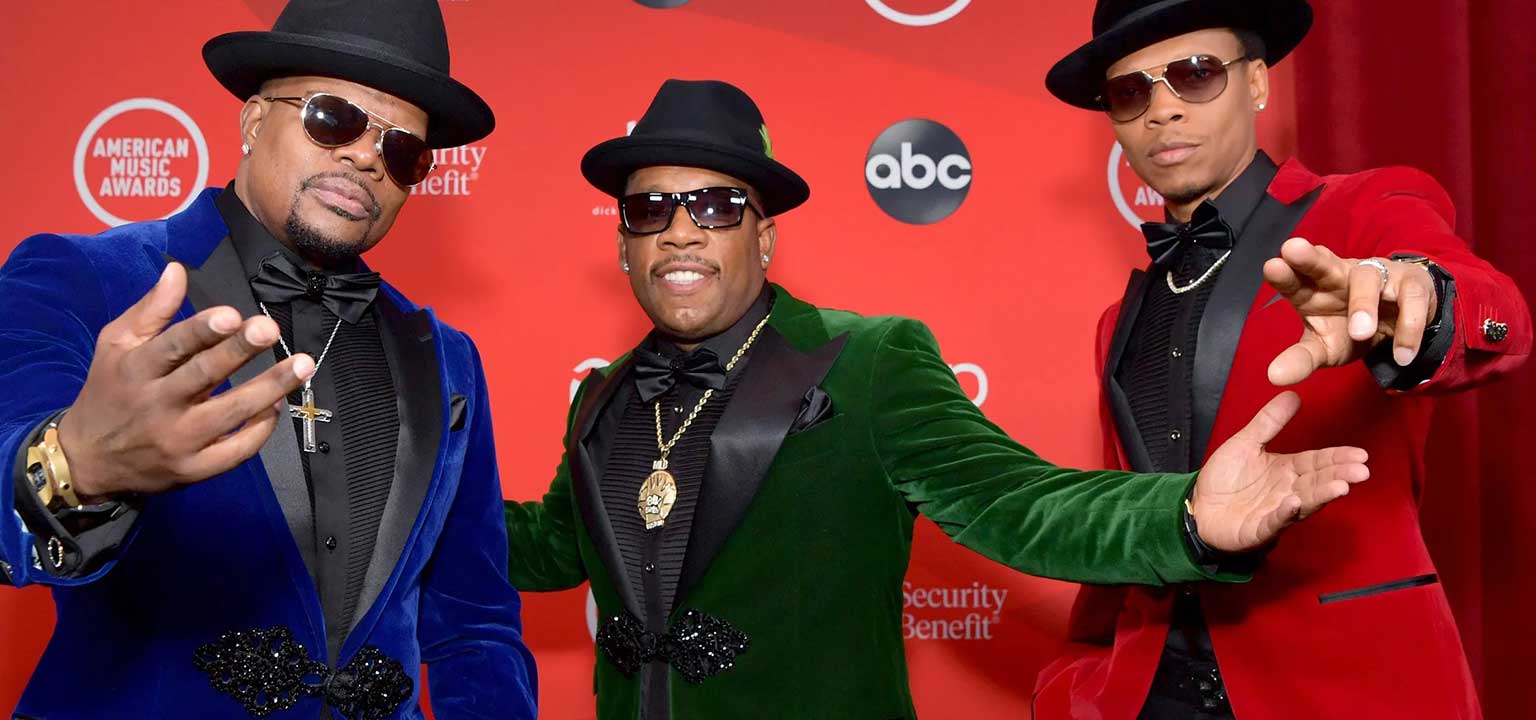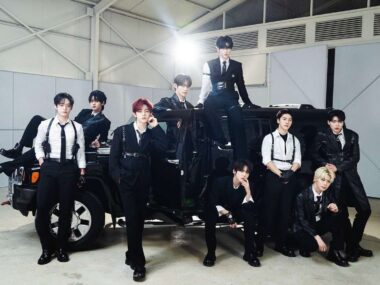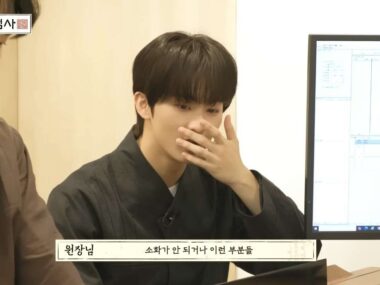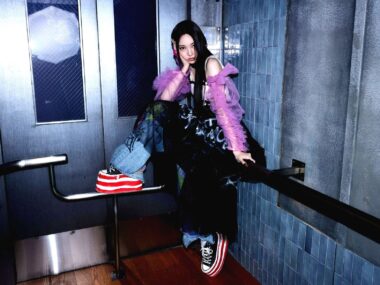Summary (TL;DR): Nostalgia for pop culture from our past can sometimes be jolting. The song “Do Me” by Bell Biv DeVoe once seemed catchy and fun, but now its lyrics about sexualizing a minor are deeply disturbing. This highlights how societal norms change, and what was once acceptable is now seen as harmful. Bell Biv DeVoe has subtly acknowledged the issue, but hasn’t directly apologized. This raises questions about artists taking responsibility for past content that doesn’t align with modern values. It’s crucial to approach media with a critical eye, questioning the messages we receive. By choosing to support artists with ethical messages, we shape a better future.
Let’s Talk About Bell Biv Devoe’s “Do Me”
As I’ve aged, I’ve become increasingly aware of the questionable norms and products that were prevalent during my childhood. Pop culture, with its catchy tunes and widespread reach, holds the power to subtly influence our perceptions. One instance that recently struck me with particular force involved the song “Do Me” by Bell Biv DeVoe (BBD).
I was working at my desk when the song came on. Old habits kicked in, and I almost found myself dancing until I truly focused on the lyrics:
Backstage, underage, adolescent. How ya doin’? Fine, she replied. I sighed. I like to do the wild thing. Action took place. Kinda wet. Don’t forget. The J, the I, the M, the M, the Y. I need a body bag.
I felt a surge of disbelief. I’d heard this Bell Biv DeVoe song many times before, but never really zeroed in on these specific lines. Replaying it confirmed my worst fears – this was a song unabashedly flaunting the sexual exploitation of a minor. Once a carefree favorite, “Do Me” had become viscerally unsettling.
Exploring Other Problematic Pop Culture Examples
Aaliyah’s “Age Ain’t Nothing but a Number” is another example where a once-beloved cultural product now feels deeply unsettling. It’s a sobering reminder that what was once readily consumed could hold harmful themes we become more sensitive to as societal awareness evolves. Here are a few more examples:
- Movies with Casual Racism: Many classic comedies contain racial stereotypes and jokes that, while likely intended as lighthearted at the time, now feel offensive and promote harmful caricatures.
- Songs with Misogynistic Lyrics: Certain popular songs from past decades openly degrade women, treat them as objects, and endorse controlling or manipulative behavior. These lyrics, once perhaps even sung along to, now stand out as unacceptable.
- “Revenge of the Nerds”: This 1980s teen comedy contains non-consensual scenes and troubling depictions of sexual assault that would likely not be made in a similar film today.
These examples underscore how our perspectives evolve, revealing previously unconsidered harm in pop culture. They don’t necessarily mean we must completely reject everything enjoyed in the past, but they invite critical reflection about the messages such products send.
Responsibility in the Face of Influence
Media, whether songs, movies, or TV shows, plays a potent role in shaping our worldview. We need to approach those nostalgic tunes from our past with the same critical thoughtfulness we give the new content we encounter. It’s absolutely fine to admit that certain aspects of pop culture haven’t aged well and no longer reflect the values we want to uphold.
Delving Deeper: Ricky Bell’s Perspective
In an interview with VladTV, Ricky Bell of Bell Biv DeVoe sheds some light on the controversial “Do Me” lyrics. He reveals that the infamous line referencing an underage girl was actually written by a young Busta Rhymes during a studio session. According to Bell, even at the time, the group understood the line was pushing boundaries and would likely generate controversy.
This raises an interesting point. Although Bell Biv DeVoe did not write the specific line, they ultimately made the choice to include it in their song. This highlights the complex issue of artistic responsibility. Even if an artist distances themselves from the origin of harmful content, choosing to promote it still carries a weight of consequence.
Bell further emphasizes in the interview that the predatory lyric did not reflect the reality of their personal lives or experiences. While important context, this doesn’t excuse the potential impact of the song’s message. It leaves open whether an artist’s intent fully absolves them, if the end result still normalizes harmful behavior.
Where Does This Leave Us?
Ricky Bell’s statements raise a crucial point in how we re-evaluate pop culture through a modern lens. While understanding the songwriter’s age at the time adds nuance, it doesn’t erase the damaging nature of the lyrics themselves. It’s a reminder that even within our beloved music, there might be elements that require closer scrutiny and, perhaps, even acknowledgement when values shift.
A Call to Action: Be a Conscious Consumer
Nostalgia is a powerful force, but it shouldn’t blind us to the potential harm hidden within some beloved pop culture icons. Re-evaluating things like Bell Biv DeVoe’s “Do Me” isn’t about canceling the past, it’s about consciously shaping the future we want. Here’s how you can be a more mindful media consumer:
- Question Everything: Don’t just passively absorb what you watch, listen to, or read. Ask yourself, “What message is this sending? Does this align with my values?”
- Seek Diverse Perspectives: Go beyond the familiar. Explore content created by people of different backgrounds, genders, and experiences. This broadens your understanding of the world.
- Support Ethical Artists: Your money has power. Choose to support artists whose work promotes positive messages and ethical themes.
By approaching media with a critical lens, we don’t simply change what we consume, we change the type of society we actively support creating.
Accountability and The Power of Choice
While Bell’s interview offers some insight into the origins of the troubling lyrics, a direct statement addressing the issue from Bell Biv DeVoe is still absent. This raises questions about accountability within the pop culture sphere. A formal apology, or perhaps a re-release of “Do Me” with the explicit lyrics removed, would signal a more thorough acknowledgement of the harm this song can perpetuate.
It’s important to remember that while Bell Biv DeVoe did not personally write the specific line, they ultimately decided to include it and promote the song. This highlights the importance of artistic responsibility and how impactful those choices can be.
Ultimately, we as consumers always have choices. We vote with our wallets and our attention. By supporting or rejecting certain forms of media, we send a powerful message about what behaviors and themes we find acceptable. Grappling with problematic products from the past creates space for open dialogue and growth. Revisiting Bell Biv DeVoe’s “Do Me” offers a chance to actively reaffirm our commitment to evolving values and our determination to create a more ethical world.






